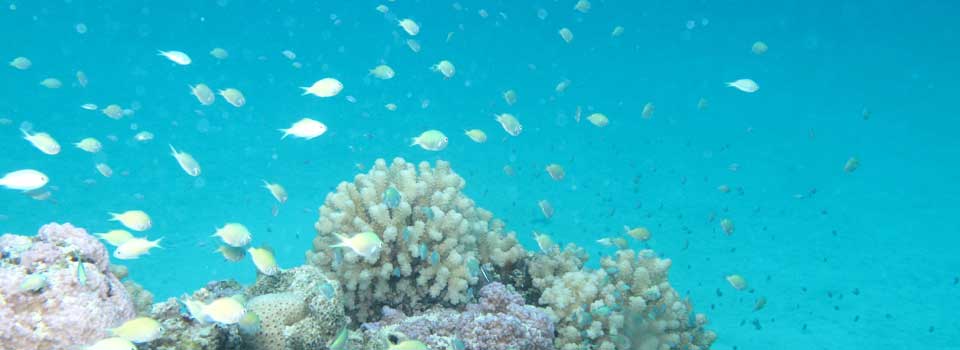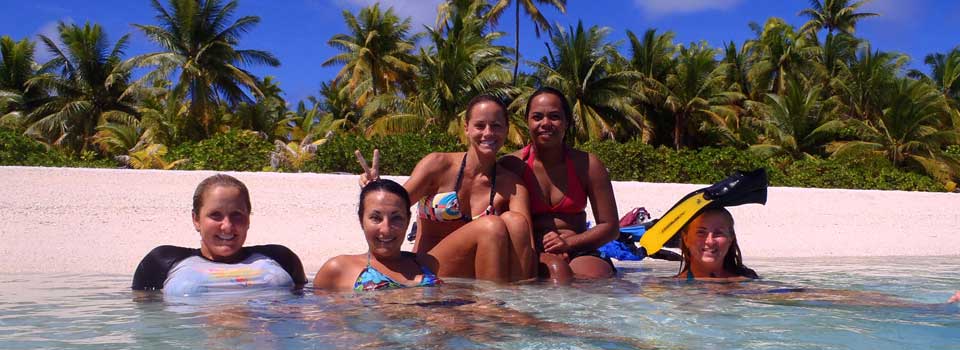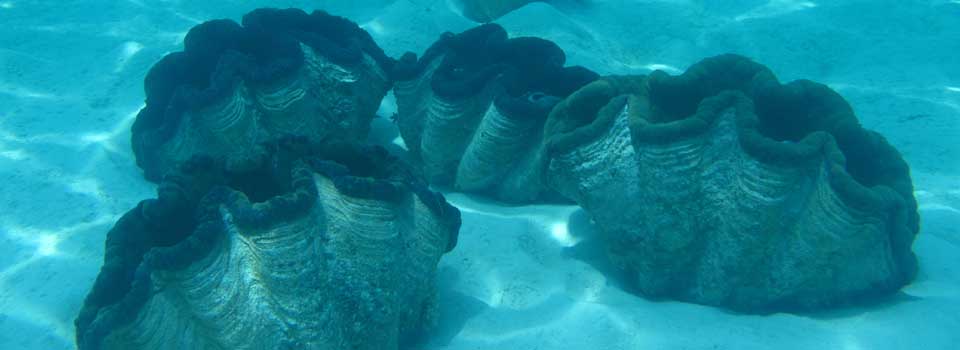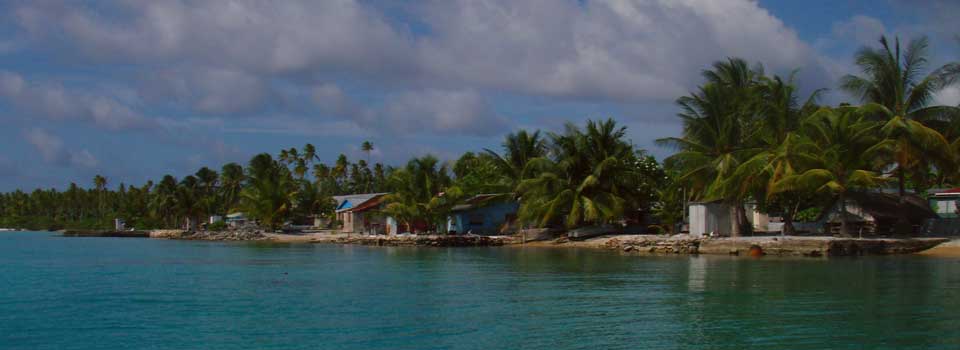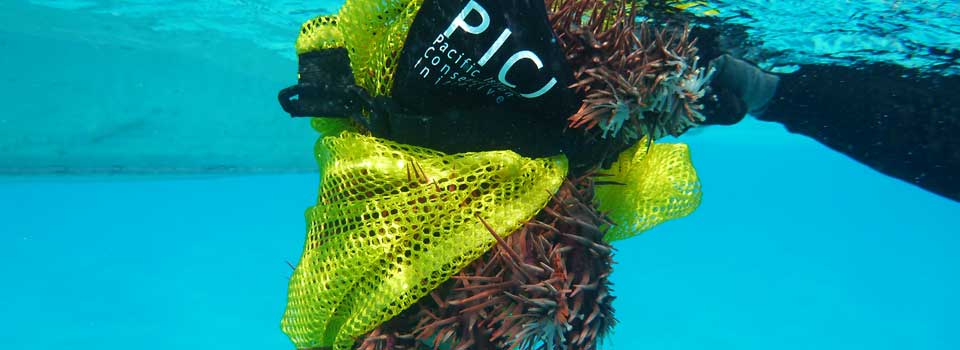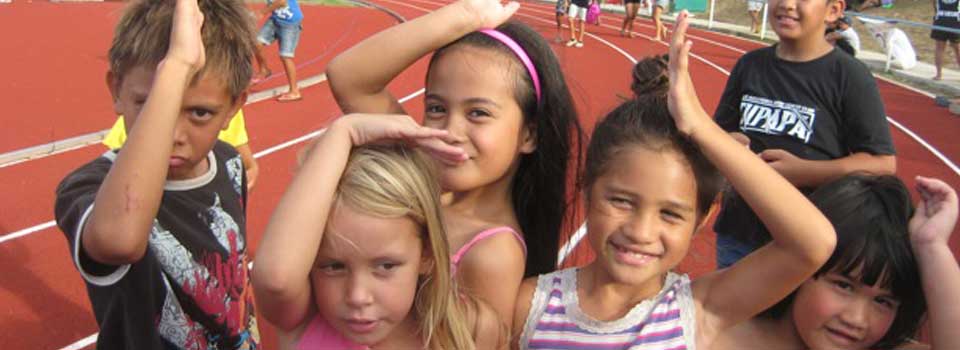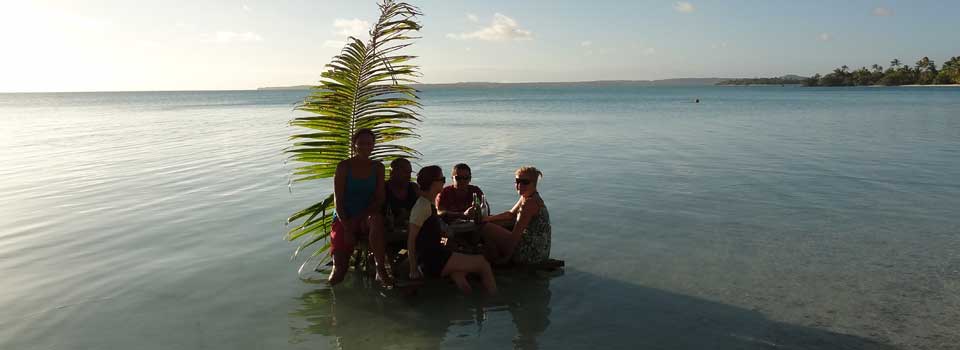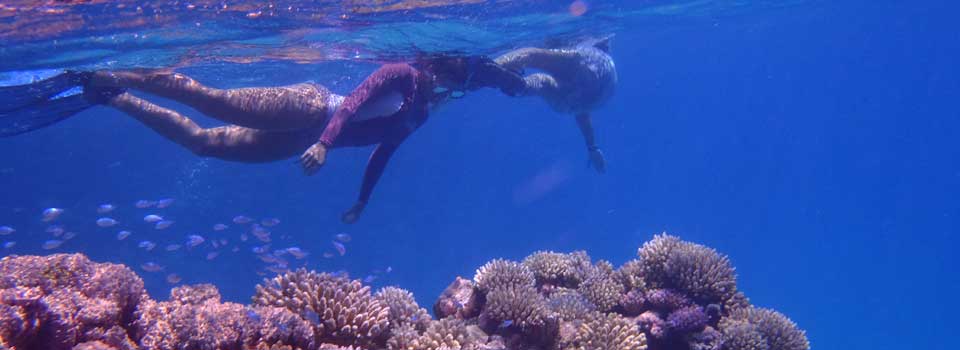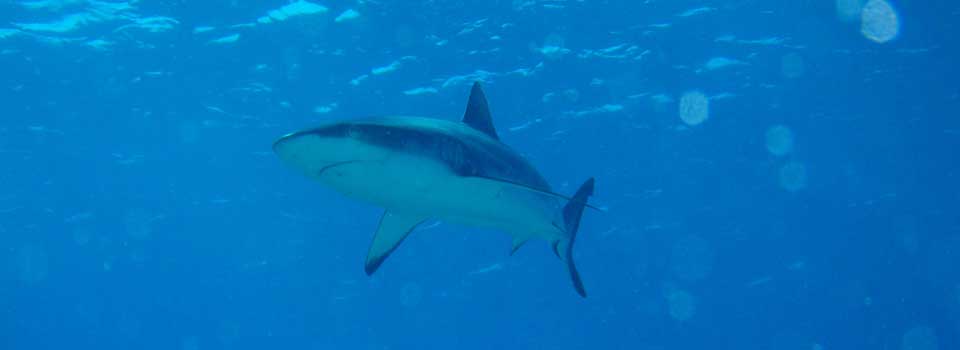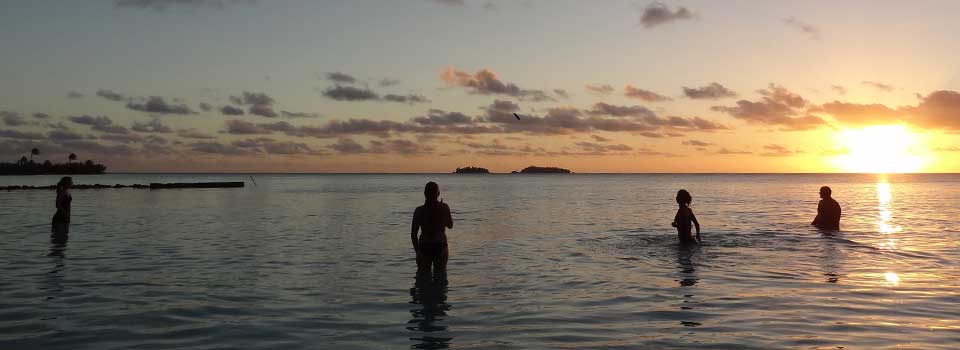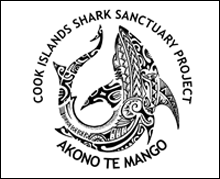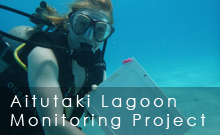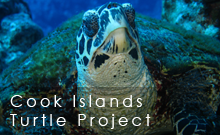Opportunities to work with the Pacific Islands Conservation Initiative.
Current opportunities Northern and Southern Group Science Officers -- Cook Islands Turtle Project The Pacific Islands Conservation Initiative (PICI) has a unique opportunity for motivated scientists to conduct research and contribute data for the Cook Islands Turtle Project (CITP). These are volunteer position, based in Rarotonga. The right applicant will have the opportunity to work alongside members of the local community, contribute data to the only long-term sea turtle project in the Cook Islands, conduct new research in a country with little to no data on turtles, to participate in education and training and to gain immeasurable experience in project management in the remote South Pacific.The project includes science-driven research and community outreach/education opportunities. CITP is a nationwide research project that began in 2009 with the following mission: The Cook Islands Turtle Project will establish and conduct a series of on-going research programmes to implement monitoring of the distribution and population status of sea turtles in the Cook Islands, strengthen the institutional capacity to protect sea turtles and build community awareness of the need for conservation. Because there is no incumbent Science Officer, the incoming individual will have a key role in developing the on-going mission, with input from our previous Science Officer, Phil Bradshaw. CITP Science Officer positions are voluntary, with support available pending successful grant applications. Key tasks/responsibilities: Organize and lead field expeditions during nesting season Key qualifications MSc or PhD wishing to gain practical experience in a remote, tropical Pacific environment Previous experience can be substituted for an advanced degree. Volunteers not meeting the all of the above qualifications are still encouraged to contact us, and such applicantscan volunteer as a research assistant for the Chief Science Officer or a Science Officer. The opportunity that exists: The islands and waters of Polynesia offer an interesting and mostly unstudied environment, ranging from completely uninhabited islands, to sparsely populated islands, to islands where anthropogenic stresses are modifying the environment almost beyond retrieval. The challenges faced include the managementof coastal resources under anthropogenic stresses,large-scale commercial fisheries, and future deep-sea mining. These challenges are accompanied by great opportunities. Cook Islanders are friendly, environmentally aware people with traditional commitment to conservation. There is local political impetus for new initiatives, such as large marine protected areas, a present ban on all shark harvest, and select protected areas for turtles. Forr more information e-mail us at team@picionline.org
Chief Science Officer -- Cook Islands Turtle Project The Pacific Islands Conservation Initiative (PICI) has a unique opportunity for a motivated scientist to conduct research and contribute data for the Cook Islands Turtle Project (CITP). This a volunteer position, based in Rarotonga. The right applicant will have the opportunity to work alongside members of the local community, contribute data to the only long-term sea turtle project in the Cook Islands, conduct new research in a country with little to no data on turtles, to participate in education and training and to gain immeasurable experience in project management in the remote South Pacific.The project includes science-driven research and community outreach/education opportunities. CITP is a nationwide research project that began in 2009 with the following mission: The Cook Islands Turtle Project will establish and conduct a series of on-going research programmes to implement monitoring of the distribution and population status of sea turtles in the Cook Islands, strengthen the institutional capacity to protect sea turtles and build community awareness of the need for conservation. Because there is no incumbent Chief Science Officer, the incoming individual will have a key role in developing the on-going mission, with input from our previous Science Officer, Phil Bradshaw. It is expected that a Chief Science Officer will commit to a 3 year term. This length of time is required to give consistency and longevity to the project. The CITP Chief Science Officer position is voluntary, with salary available pending successful grant applications. Key tasks/responsibilities: Advise on the scientific methodology of the field research Key qualifications PhD scientist with experience conducting sea turtle research The Chief Science Officer will not have any responsibility for the financial and administrative management of the project or for the recruitment of other volunteers (unless they wish). The opportunity that exists: The islands and waters of Polynesia offer an interesting and mostly unstudied environment, ranging from completely uninhabited islands, to sparsely populated islands, to islands where anthropogenic stresses are modifying the environment almost beyond retrieval. The challenges faced include the managementof coastal resources under anthropogenic stresses,large-scale commercial fisheries, and future deep-sea mining. These challenges are accompanied by great opportunities. Cook Islanders are friendly, environmentally aware people with traditional commitment to conservation. There is local political impetus for new initiatives, such as large marine protected areas, a present ban on all shark harvest, and select protected areas for turtles. For more information e-mail us at team@picionline.org
|
Current time in the Cook Islands is

